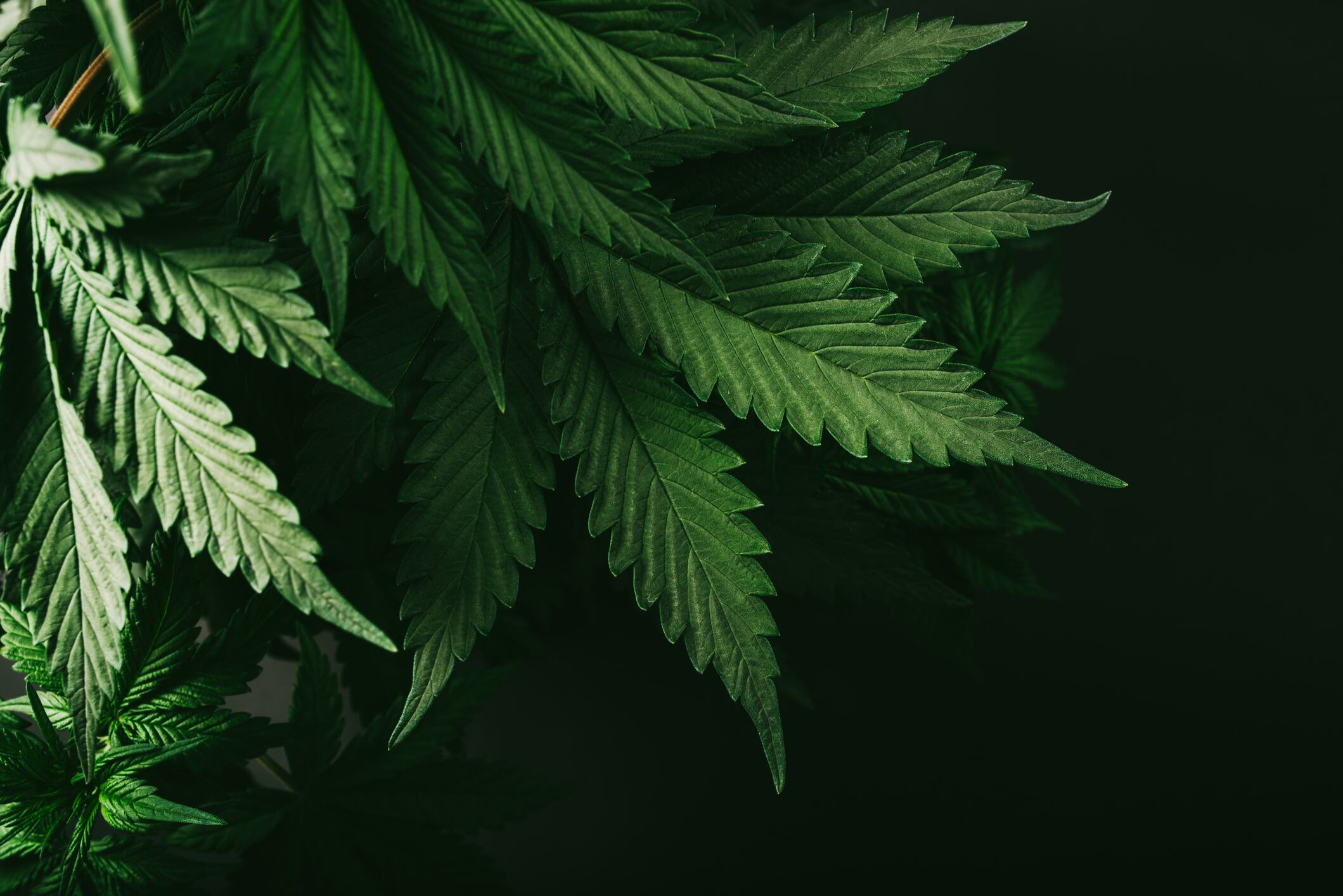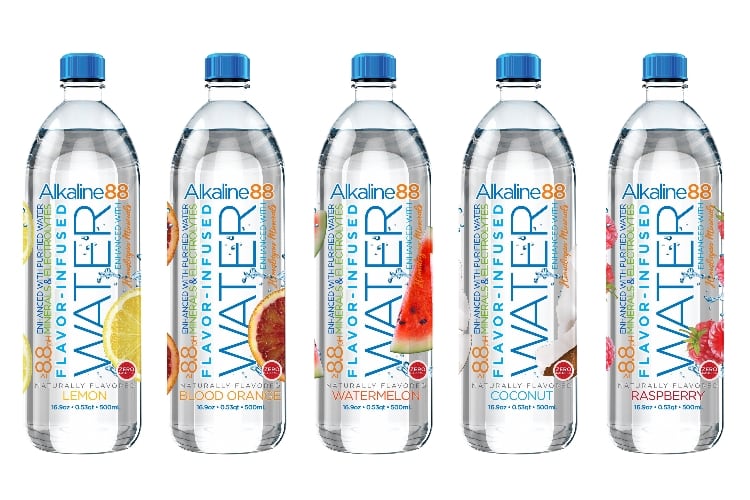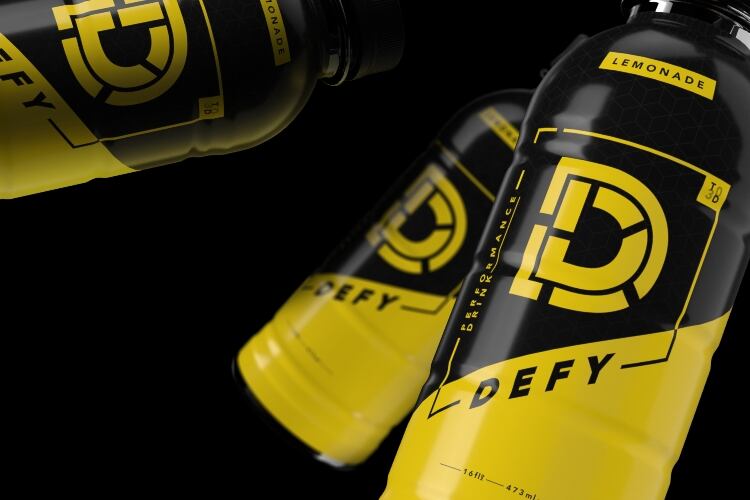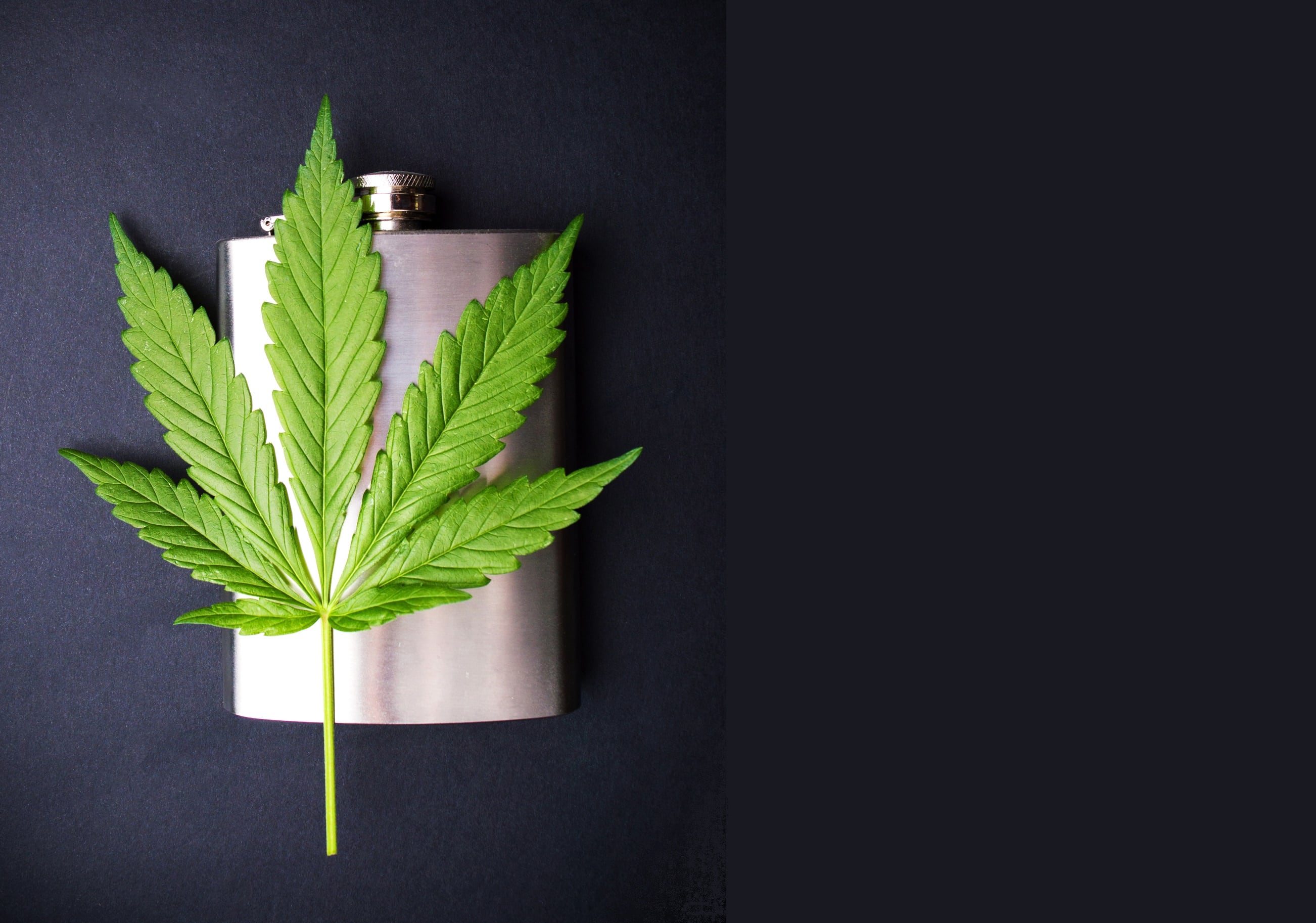Ten companies have come together with the mission to 'provide Canadians with safe cannabis-infused beverages’.
The Canadian government is expected to issue a final set of regulations for the edibles industry in late summer. But the CBPA wants to see draft regulations amended to allow cannabis beverages to be produced in the same facilities as non-cannabis beverages.
It also wants cannabis beverages to have similar guidelines to alcohol when it comes to branding and marketing.
Billion dollar market
The CBPA is ‘a unified body of manufacturers, industry professionals and advisors who advocate for the safe, reliable and replicable production of legal cannabis beverages’. It will also seek to act as the voice of consumers, lobbying for the right to allow responsible consumption choices within a framework of wide legal access, while ensuring public safety.
Members include Hill Street Beverage Company, Lifford Cannabis Solutions, Province Brands of Canada, Truss Beverages (Molson Coors’ JV), Cannabis Compliance Inc., CanBev (WeedMD and Phivida Holdings JV), Collective Arts Brewing, VinFirst Innovative Packaging, and Lakeside Process Controls.
Terry Donnelly, CEO, Hill Street Beverage Company, says the interest in cannabis drinks already spans a number of beverage sectors.
“The latest projections have infused beverages being a C$1.5-1.8bn (USD $1.1 - $1.3bn) market in Canada alone by 2025, based on market research regarding consumer preferences for non-combustible forms of cannabis," he told this publication.
"65% of cannabis users and those who intend to use cannabis would prefer edible forms of cannabis such as beverages.
“We have seen examples of infused teas and coffees, adult format beverages such as wine, beer and cocktails, kombuchas, infused waters and sparkling waters, juices, and sport recovery beverages.”
Laying down the rules: What will the regulations be?
Health Canada is currently reviewing some 7,000 submissions from a public consultation on the regulation of edible products. A final set of regulations is expected in late summer.
Current proposals suggest a limit of 10mg THC per beverage container; child-resistant and plain packaging; a health warning message; and would prohibit elements that would associate products with alcoholic beverages.
The proposals also set out rules that production of edible cannabis products can not occur in a building where conventional food is produced.
But the CBPA wants regulations to allow production of cannabis beverages in the same facility as non-cannabis drinks; while it wants branding and packaging regulations to be closer to those of alcohol in a number of respects (such as the ability to use branding and traditional alcohol cues such as wine bottles).
Donnelly says the biggest challenge for the beverage cannabis industry could be getting to grips with potentially strict regulations.
“The biggest challenges are all linked to the regulatory issues of running a production line and managing distribution. Beverage companies must adopt regulations that are more stringent than those that are in place for the production of drugs like Fentanyl.
“Further, it appears most government wholesalers have given little thought to the pending demand for infused beverages and the logistics and space required to handle beverage distribution and retailing, even though they have existing infrastructure already in place for alcohol which could easily handle the demand. Most government run alcohol regulators have no mandate to handle cannabis beverages even though they are ideally suited to do so.
"Instead, they are creating redundant infrastructures designed to handle dried flower, and trying to force fit beverages into them.”
Led by cannabis advocate and former Nova Scotia premier, Darrell Dexter, the Cannabis Beverage Producers Alliance / Alliance des producteurs de boissons a base de cannabis wants to see legislation guiding the regulation of edibles adapted so that:
- Companies can continue investing in innovative technology and talent rather than divert funds to the development of separate facilities where cannabis-infused beverages be manufactured.
- Permitting the sale of cannabis-infused beverages in formats already familiar to consumers, including traditional-looking wine bottles.
- Parity with beverage alcohol branding regulations be permitted to encourage the inclusion of socially-responsible and recognized companies while suppressing interest in sophisticated illicit market products.
Donnelly says that, by bringing manufacturers together, the CBPA hopes to have a much stronger voice.
“It is easy for the government to ignore any one company, but much harder for them to ignore an entire industry. We want to achieve the same goals as the government, which include protecting consumers and displacing the black market.
“However, the regulations regarding plain packaging commoditize legal products, essentially placing them at parity to the black market.
"Brands add value, create differentiation, and enable consumers to build relationships with products based on trust, certainty, integrity and security. Only by allowing our brands to express themselves fully will we able to clearly differentiate from the black market.”




